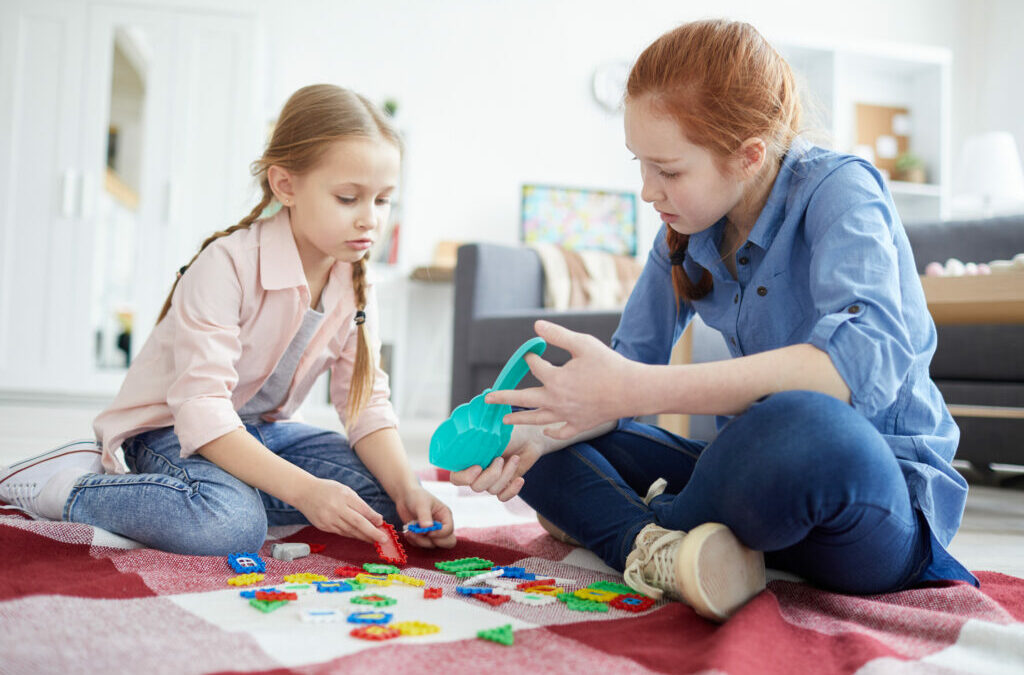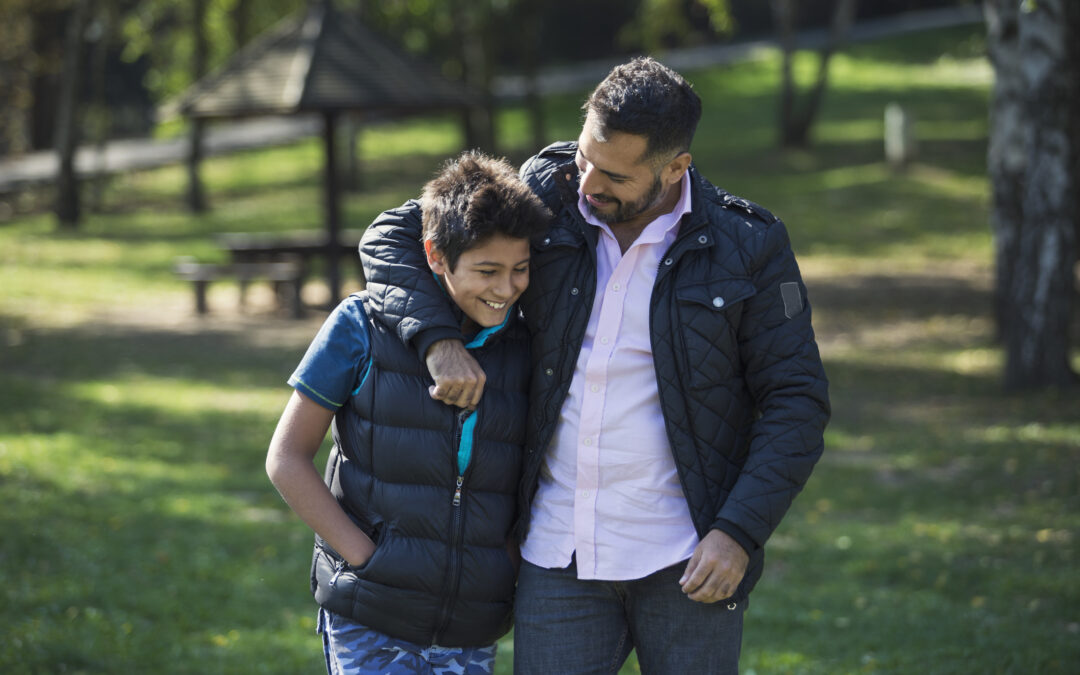A number of Stand Up For Siblings partners were recently successful in their bids to the Corra Foundation to help Keep The Promise.
Adoption UK Scotland said they were delighted to have been awarded 12 months funding to develop workshops and support for adoptive parents caring for brothers and sisters. Their project will also involve an offer of training and practice advice for professionals alongside partners AFA Scotland (Adoption and Fostering Alliance). The AUK aims to support all families in permanence whether this be adoption, fostering or kinship care in the maintenance of sibling contact in separate families, and to ensure joint placements thrive.
There was also funding success for STAR, Siblings Reunited. They submitted a joint bid for funding with AFA Scotland. Part of this work will involve an evidence-based process evaluation of STAR. It is hope this will enable STAR and AFA to identify best practice in relation to sustaining relationships between brothers and sisters and to share this across agencies to ensure that Scotland can be the best place for children to grow up.
Karen Morrison from STAR said: “We are delighted with the news and can’t wait to get started.”
SCRA has also received funding for a joint project to be carried out with Families Outside which will involve exploring the issues and experiences around the restoration and maintenance of relationships for children and young people who are within the care system and separated from a brother or sister who is in prison. It will then look at how these issues can be addressed and the implementation of processes and structures to enable these relationships to be better recognised and supported in the future.





